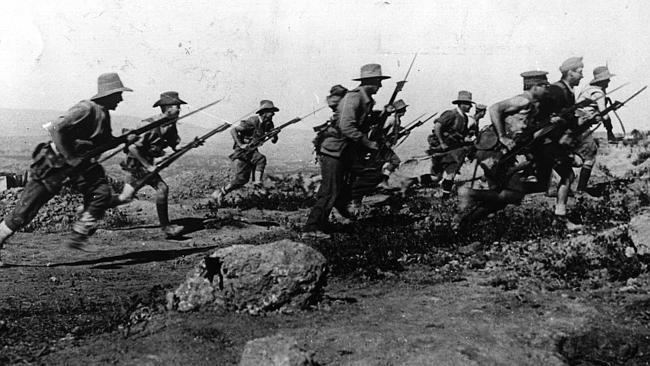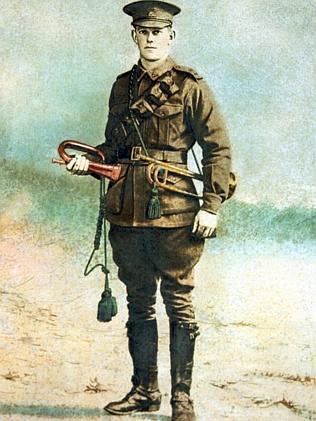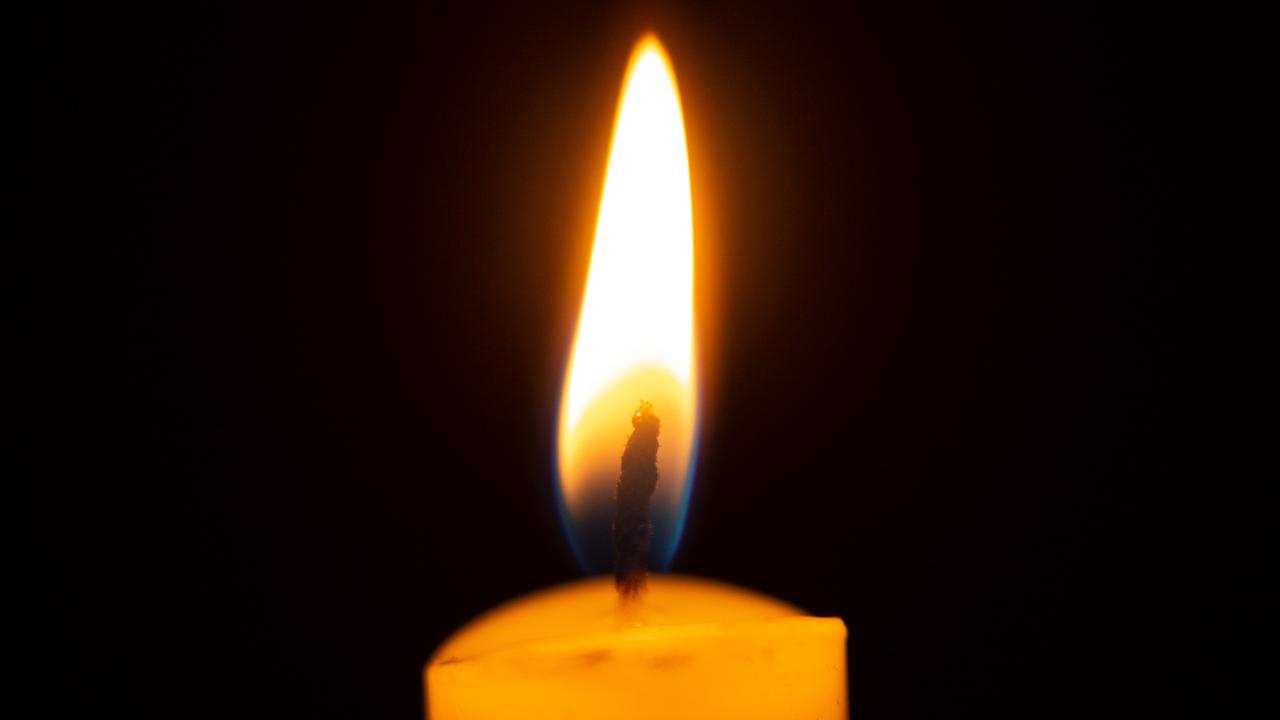OPINION: Dont let truth be a casualty of Gallipoli
Anzac rhetoric tends to smother and often silence critical considerations of the place and effects of World War I in Australian history.
ANZAC Centenary
Don't miss out on the headlines from ANZAC Centenary. Followed categories will be added to My News.
MUCH of the commemorative and quasi-historical language used as we approach the centenary of the outbreak of World War I will emphasise Gallipoli as the site where Australia was born, and the Dardanelles and other battlefronts as places where the Australian national spirit was tested and forged, where mateship and egalitarian ideals were, if not created, then defined and confirmed.
But Anzac rhetoric tends to smother and often silence critical considerations of the place and effects of World War I in Australian history. There are some promising signs this is starting to change – there are thought-provoking museum exhibitions at the Queensland Museum, for example – but the dominant narrative is depressingly unrealistic.
Just a month ago, the Minister assisting the Premier on the Centenary of Anzac stated that “When war was declared in 1914, the Queensland community came together to support each other” – oblivious, it would seem, to the terrible strains that threatened to tear Queensland and Australian society apart. Romance replaces realism.
Any realistic assessment of the war’s effects upon Australia must start with trauma. Most obviously some 60,000 Australians lost their lives, while another 150,000 were wounded, gassed or taken prisoner.
The fatalities were only rarely the clean and quick deaths of romantic wartime imagination. Men were skewered with bayonets, blown to pieces by artillery, buried alive. Some lingered for days in no man’s land, crying out for rescue that never came. Thousands lost limbs, others suffered facial injuries that left them disfigured for life. Large numbers never left medical institutions. Some of the grief-stricken never recovered from the loss of fathers, husbands and sons. Others, principally women, bore a heavy burden of care as they nursed veterans in ill-health, suffering financially and emotionally – and often physically – for their toils.

Individual trauma fed into social trauma. Contrary to the widespread belief war brought Australians together, sections of the Australian community were increasingly at loggerheads. More than 6000 German-Australians were interned and a similar number deported at war’s end. Persecution replaced tolerance. The two conscription plebiscite campaigns were so fiercely contested they often degenerated into violence.
The economic strains of the war also wrought great harm. Unemployment doubled across the war years, while the economy contracted by about 10 per cent. Radical and working-class women rioted in Melbourne in the face of rising food prices, while strikes became more severe and bitter. Five million working days were lost to strike action in 1917, and the more militant advocates of industrial action were imprisoned on trumped-up charges.
There were some creative, even positive, outcomes of the war. Travel to the United Kingdom gave many Australians their first encounters with a British “other” against whom they could define themselves, emphasising their differences from their imperial forebears and their commonalities with their colonial fellows. Australians on service overseas increasingly saw themselves as different and distinct, but in no way inferior.
The Commonwealth government, just 13-years-old when the war broke out, became a much bigger player in many Australians’ lives, and remained so afterwards. The nation might not have been born at Gallipoli, but in a number of ways it developed considerably as a result of the war.
Moreover, the memory of war has, in itself, performed a nation-building role by providing the occasion for Australians, primarily Anglo Australians, to develop a sense of a shared history and for the enunciation of collective, if often fabricated, values and attributes. Any beneficial effects are, however, minor compensations. For all but a few the World War I experience was ghastly, while the collective damage to Australia was as enormous as it was inestimable.
Our commemorations should embrace our history rather than supplanting it. Otherwise we risk placing yet another fiction, following such lies as that of “peaceful settlement”, at the nation’s heart.
Martin Crotty lectures in Australian History at the University of Queensland



